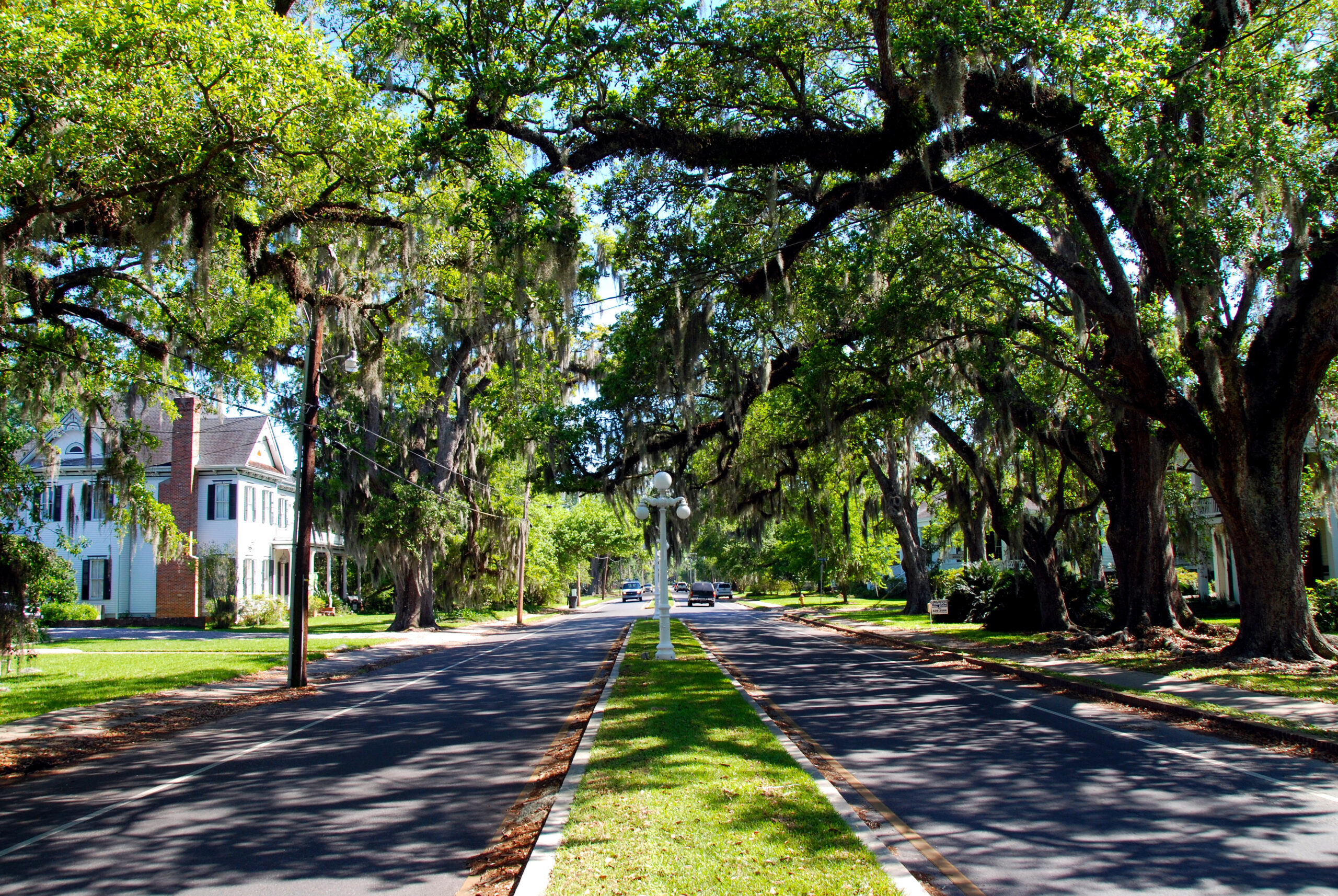
CTF Highlights from the Field: July 2021
August 19, 2021
Connect the Future continued advocating throughout the summer for greater and faster access to reliable, high-speed broadband for all unserved Americans. Our efforts remain focused on urging federal and state lawmakers, policymakers, and other important stakeholders to eliminate existing barriers – such as utility pole access – that hinder, delay or outright prevent broadband deployment to the millions of unserved rural homes, businesses, schools, and anchor institutions that remain on the wrong side of the digital divide.
National:
- The U.S. Senate passed a bipartisan infrastructure bill that includes $65 billion to support broadband deployment in unserved areas of the country, help low-income families purchase broadband services, and increase digital literacy across the country. While $65 billion is a significant investment towards the effort to help bridge our country’s digital divide, Congress can best ensure that these funds are used most efficiently and effectively to bring connectivity to our rural friends and neighbors by taking action on reforms to the existing and outdated utility pole attachment rules. Read more about the bill here.
- During the Senate debates on the final details of the bipartisan infrastructure bill, CTF highlighted the proposed Blumenthal-Wicker amendment that addressed the critical issue of pole attachment access. Unfortunately, the amendment was not ultimately brought up for a vote. Senators Blumenthal and Wicker urged the FCC to update its regulations to make pole attachments less costly as well as to create an expedited dispute resolution process for pole attachment complaints. They understand that these reforms would not only result in faster and more efficient broadband deployment to the unserved areas of America but would also spur other benefits like providing for greater electric grid resiliency.
- The Institute for Policy Innovation recently hosted a webinar that debated the role of government in efforts to bridge our nation’s digital divide: “Broadband Expansion: What’s the Government’s Role?” The panel included experts such as former FCC Commissioner Michael O’Rielly and Vice President of Policy at Charter Communications Marc Paul. Watch the panel here.
- John Windhausen, Executive Director of the SHLB Coalition, advocated in an article published in Broadband Breakfast forthe need to provide America’s anchor institutions – like schools, healthcare institutions, and libraries – with immediate access to reliable and affordable broadband access as a first step to closing the larger digital divide in the country. He urged policymakers to provide more funding for broadband deployment and to remove the roadblocks that hinder broadband deployment, such the outdated, lengthy, and costly process of attaching broadband cables to utility poles. Read the full piece here.
- CTF supporters National Grange and the League of Rural Voters sent letters to Hill offices asking them to consider solutions to address the impediments that currently stand in the way of successful broadband deployment – in particular, singling out access to utility poles as one of the biggest barriers to bringing broadband to unserved areas. They argued that only then can we ensure that the public funding for broadband infrastructure is maximized for actual and timely deployment, and that truly unserved Americans receive access to broadband.
Kentucky
- On July 29th, the Kentucky Public Service Commission (PSC) hosted a virtual public hearing, seeking additional input on proposed regulations to address third-party access and attachments to utility poles and facilities. The PSC’s hearing provided a unique opportunity for the Commission to strengthen and refine its regulatory framework and further streamline the complex pole attachment process to help accelerate the availability of broadband service to unserved rural Kentucky families and businesses. Watch the hearing here.
North Carolina
- State Representative Jason Saine (R-97) sat down with RFD-TV’s Market Day Report to highlight the critical need for increased rural broadband access. During the interview, he outlined his policy plans to speed the delivery of high-speed internet service to rural and unserved regions of North Carolina, which included the need to use money allocated for broadband to replace utility poles to expedite broadening access to internet services. Watch his full interview here.
- Western Carolina University Professor of Economics and the Director of the Center for the Study of Free Enterprise Edward J. Lopez published an op-ed in the Asheville Citizen-Times encouraging state lawmakers to address barriers that impede the efficient and timely deployment of high-speed internet to unserved, rural areas of North Carolina. This includes reforming the existing process for attaching broadband infrastructure to utility poles owned by electric cooperatives and municipal electric utilities. Read the full piece here.